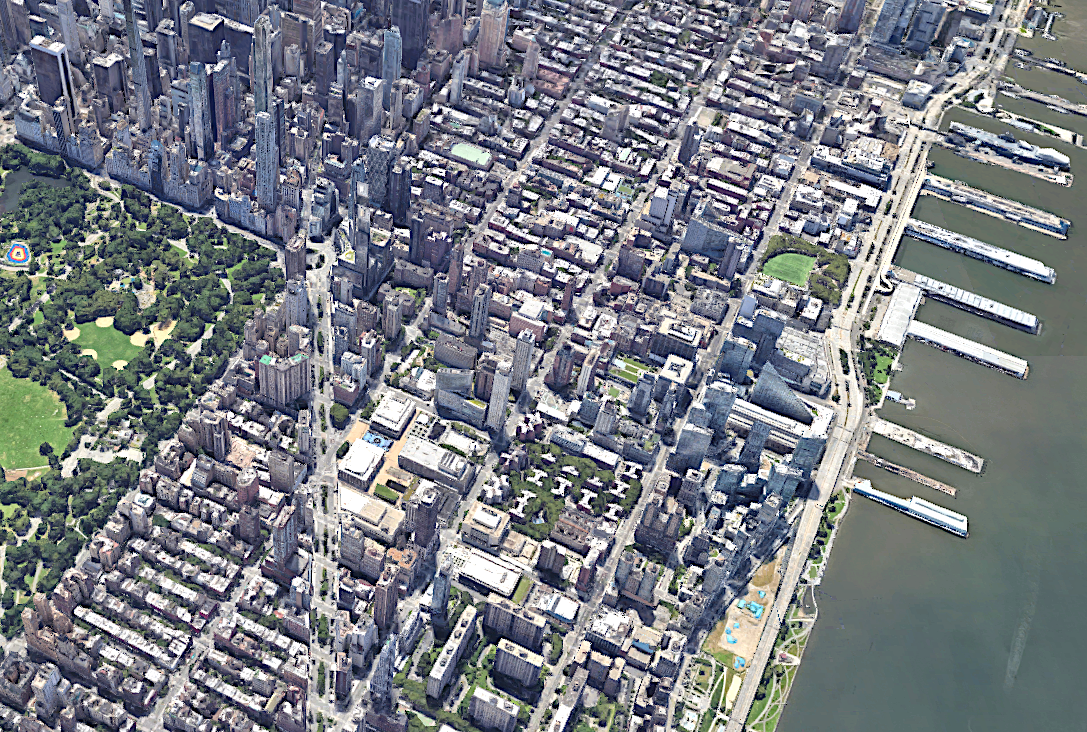Feds give okay to NYC congestion pricing
The Federal Highway Administration has given its approval to New York City’s congestion pricing plan that would create new tolls for drivers who enter Manhattan at 60th Street or below. The federal agency actually completed its action on the environmental assessment of the congestion pricing plan on June 23 but the action was not revealed until June 26. There was no formal announcement at that time from the Federal Highway Administration that it had given final approval to the controversial plan to collect additional tolls from drivers.
Gov. Kathy Hochul, an advocate of congestion pricing, revealed the federal approval in a brief statement.
“Congestion pricing will reduce traffic in our crowded downtown, improve air quality and provide critical resources to the MTA,” Hochul announced. “With the green light from the federal government, we look forward to moving ahead with the implementation of this program.”

Congestion pricing is touted as a way to reduce traffic congestion while also reducing air pollution, decreasing travel time on Manhattan’s streets and raising money for the financially-troubled Metropolitan Transportation Authority. The exact schedule of tolls to be charged for vehicles traveling below 60th Street in Manhattan has not yet been determined but has been proposed to range from $9 to $23 for drivers using E-ZPass and up to $35 for drivers billed by mail.
In a joint statement, U.S. Sen. Bob Menendez, U.S. Rep. Josh Gottheimer and U.S. Rep. Bill Pascrell, Jr., all of New Jersey, said, “All New Jersey drivers entering Manhattan using the Holland and Lincoln Tunnels and George Washington Bridge must be exempt from New York”™s Congestion Tax. We will not stop fighting until we defeat this plan and ensure New York is not allowed to balance its budget on the backs of hard-working New Jersey families. That”™s a Jersey promise.”
Some advocates of congestion pricing said the MTA should take in about $1 billion a year from the new toll collections. Congestion pricing could begin operating as soon as the spring of 2024.